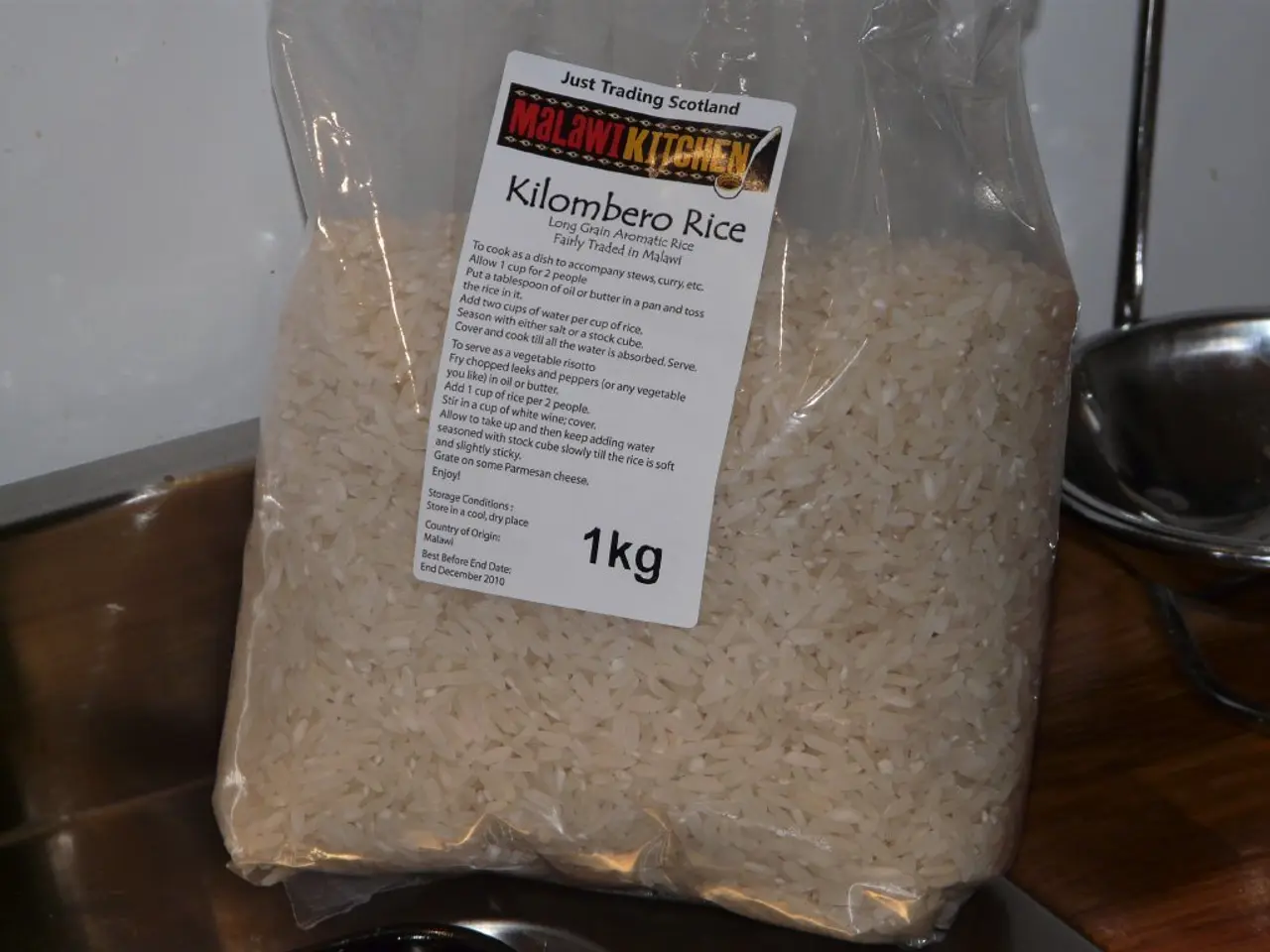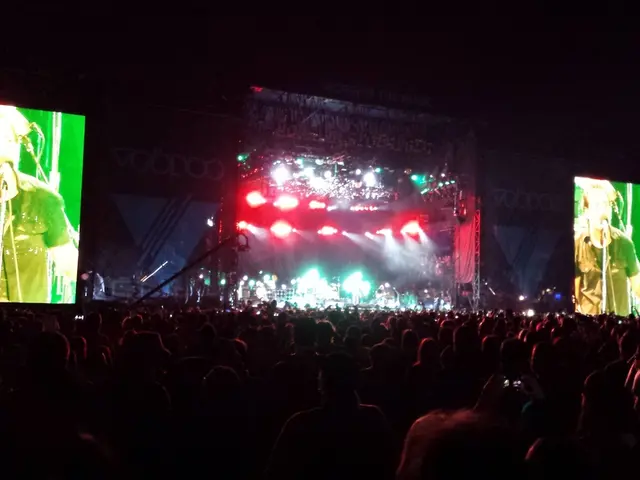Vietnam presents organic agriculture vision at Asian summit
The picturesque province of Ninh Bình, Việt Nam, is currently hosting the 8th Organic Asia Congress (OAC) 2025, attracting over 550 delegates from 33 countries and territories. This three-day event, focusing on policy, market, and practice, is a testament to Việt Nam's commitment to organic agriculture and its vision for a sustainable future.
The journey towards organic agriculture in Việt Nam began in 2011 with the establishment of the Vietnam Organic Agriculture Association (VOAA). At the time, there were no legal documents for organic agriculture in the country, but the VOAA was founded with a clear mission.
In the decade since, Việt Nam has made significant strides in the organic agriculture sector. The global organic agriculture market has surged past 135 billion euros (about US$160 billion), and organic products from Việt Nam now reach over 100 global markets.
Trần Anh Dũng, vice chairman of Ninh Bình Provincial People's Committee, emphasized that organic farming is a strategic path ensuring harmony and sustainability. Local authorities in Ninh Bình support organic rice, vegetables, and specialty products, linking them with branding and certification.
Ninh Bình Province has expanded its organic farming area to include certified medicinal plants, rice, and vegetables grown to national organic standards. However, the province faces challenges such as small-scale production, high initial costs, and complex farming procedures in organic agriculture.
Despite these challenges, Ninh Bình is pursuing an ecological and multi-value agricultural model to boost income and sustainability. Multi-value models, such as Tam Cốc's golden rice fields and Múa Cave lotus pond, have linked farming with tourism, contributing to the province's status as a leading destination.
The theme of this year's OAC is 'Organics for a Better Future'. Hà Phúc Mịch, the Organic Agriculture Association President, emphasized this theme, stating that Việt Nam's policy framework and local implementation demonstrate the suitability of organic farming in the era of global integration.
IFOAM-Organics Asia President Mathew John highlighted grassroots initiatives in Asian villages driving the organic movement. He underscored the importance of these initiatives in promoting sustainable agriculture and ensuring food security.
The organic movement in Việt Nam is not just limited to the agricultural sector. Domestic demand for organic products in major cities of Việt Nam is increasing steadily. By 2023, cultivated organic land in Việt Nam expanded to hundreds of thousands of hectares.
Moreover, Việt Nam is transitioning from traditional farming to organic, ecological, and multi-value agriculture. This transition is supported by national policies such as Decree 109/2018, Decision 885 issued in 2020, and the 13th Party Congress Resolution, which prioritize green and organic growth in Việt Nam.
China now ranks as the world's third-largest market for organic agriculture, after the United States and Europe. As more countries embrace organic agriculture, the 8th Organic Asia Congress in Ninh Bình serves as a platform for sharing regional experiences and fostering collaboration in the organic agriculture sector.
Hà Phúc Mịch, the Organic Agriculture Association President, encouraged delegates to share their knowledge and experiences, fostering a global community committed to organic agriculture and a better future for all.
Read also:
- United States tariffs pose a threat to India, necessitating the recruitment of adept negotiators or strategists, similar to those who had influenced Trump's decisions.
- Weekly happenings in the German Federal Parliament (Bundestag)
- Southwest region's most popular posts, accompanied by an inquiry:
- Discussion between Putin and Trump in Alaska could potentially overshadow Ukraine's concerns








